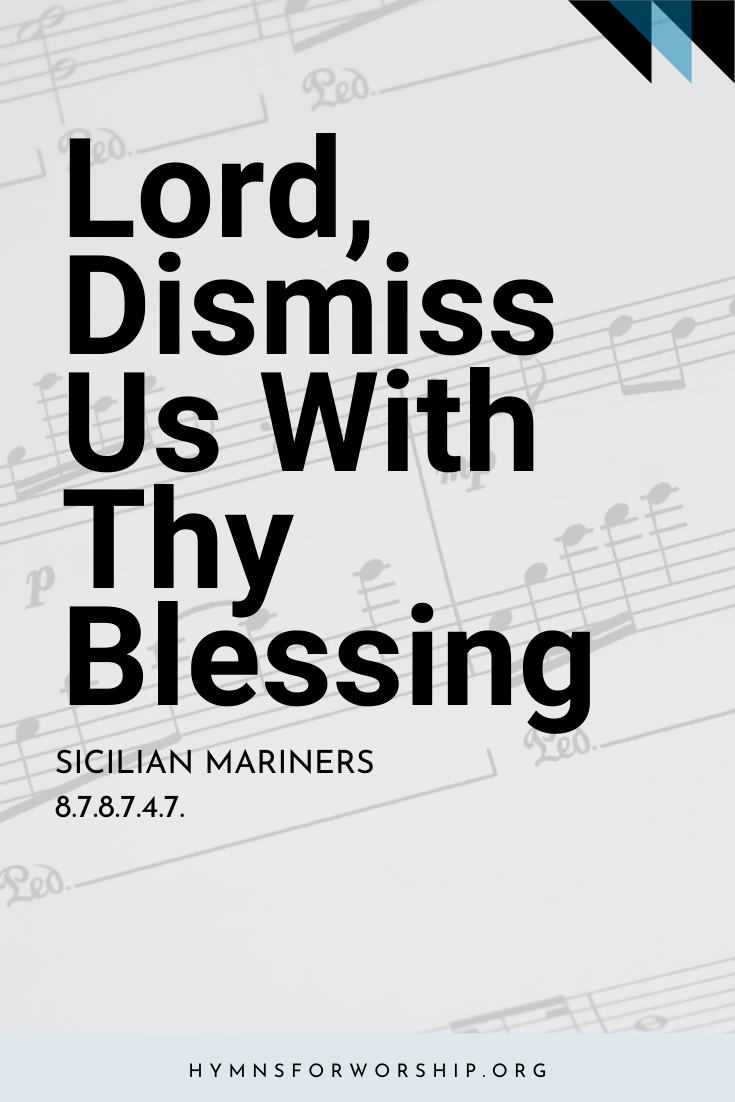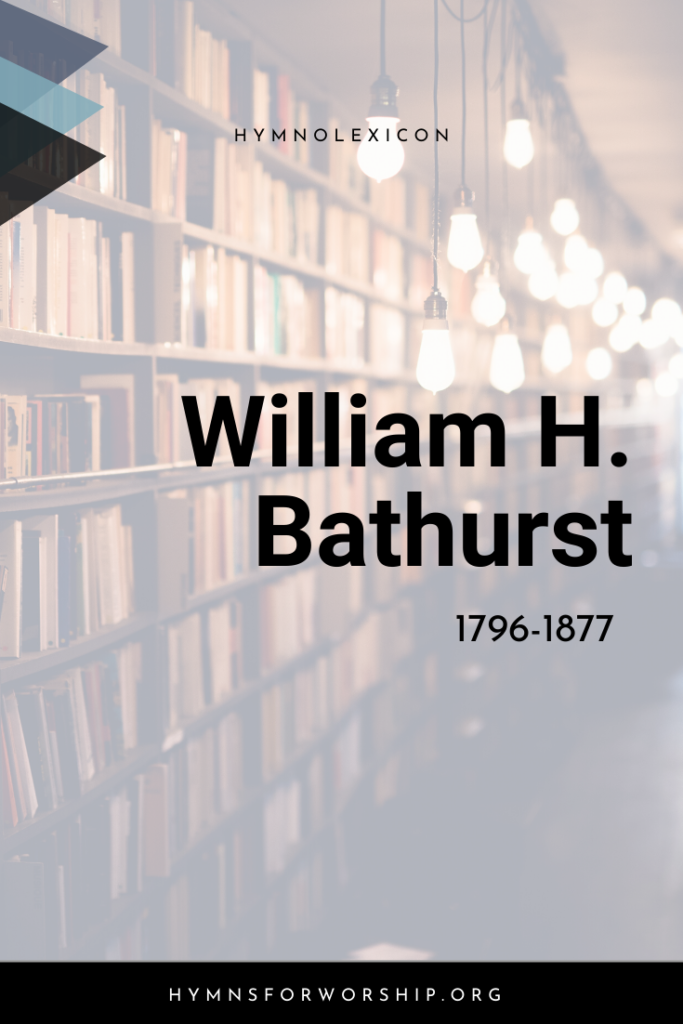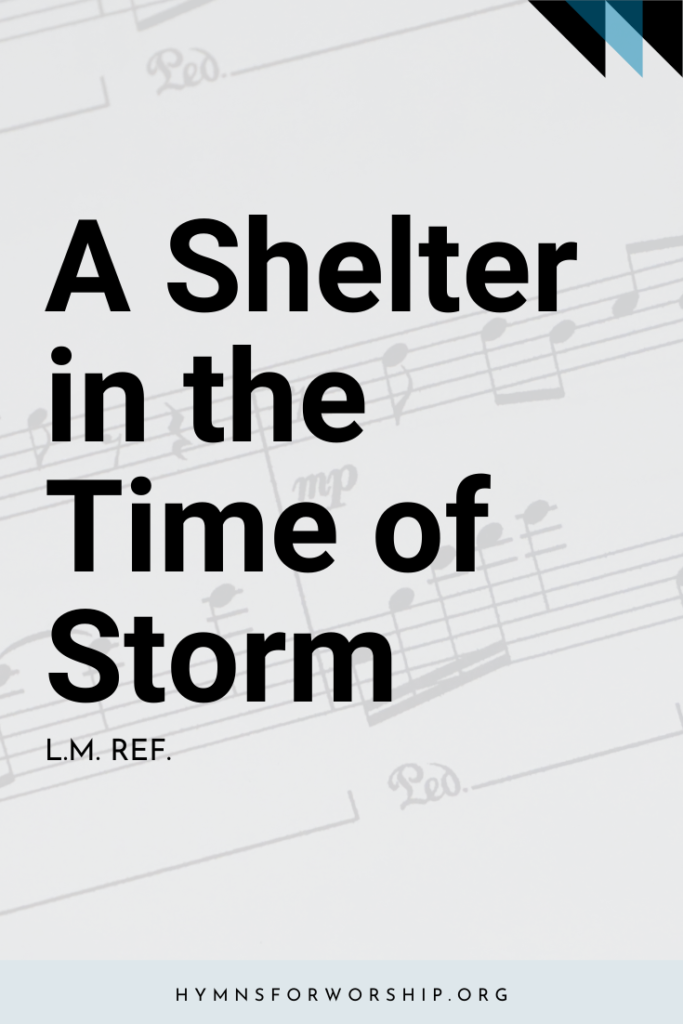WORSHIP >> CLOSE OF WORSHIP
SDAH 64
Lord, dismiss us with thy blessing;
fill our hearts with joy and peace;
let us each, thy love possessing,
triumph in redeeming grace.
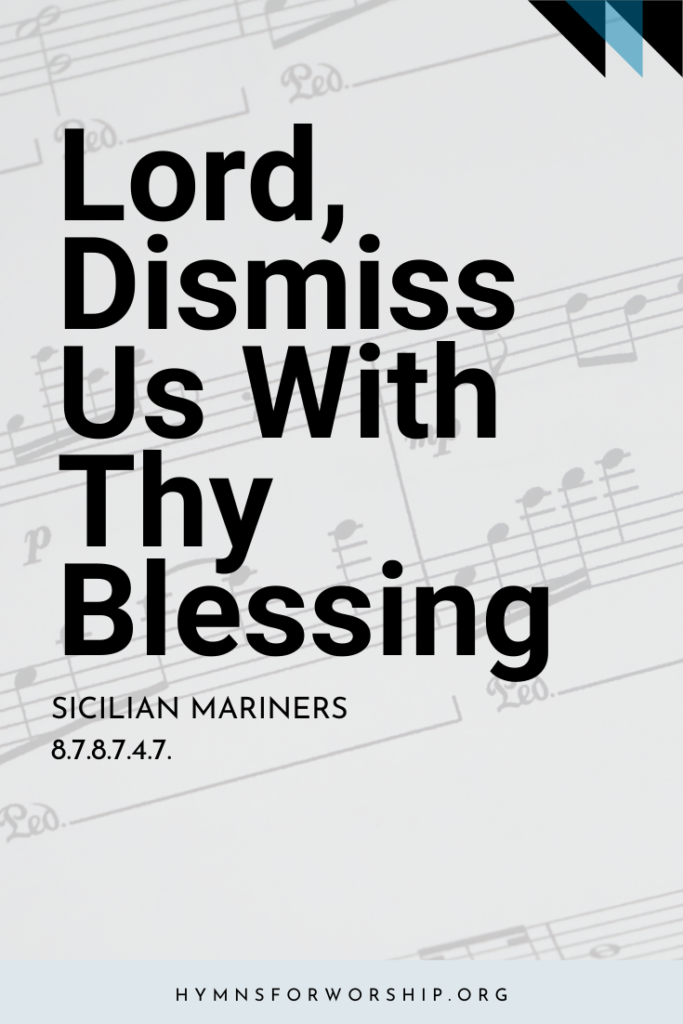
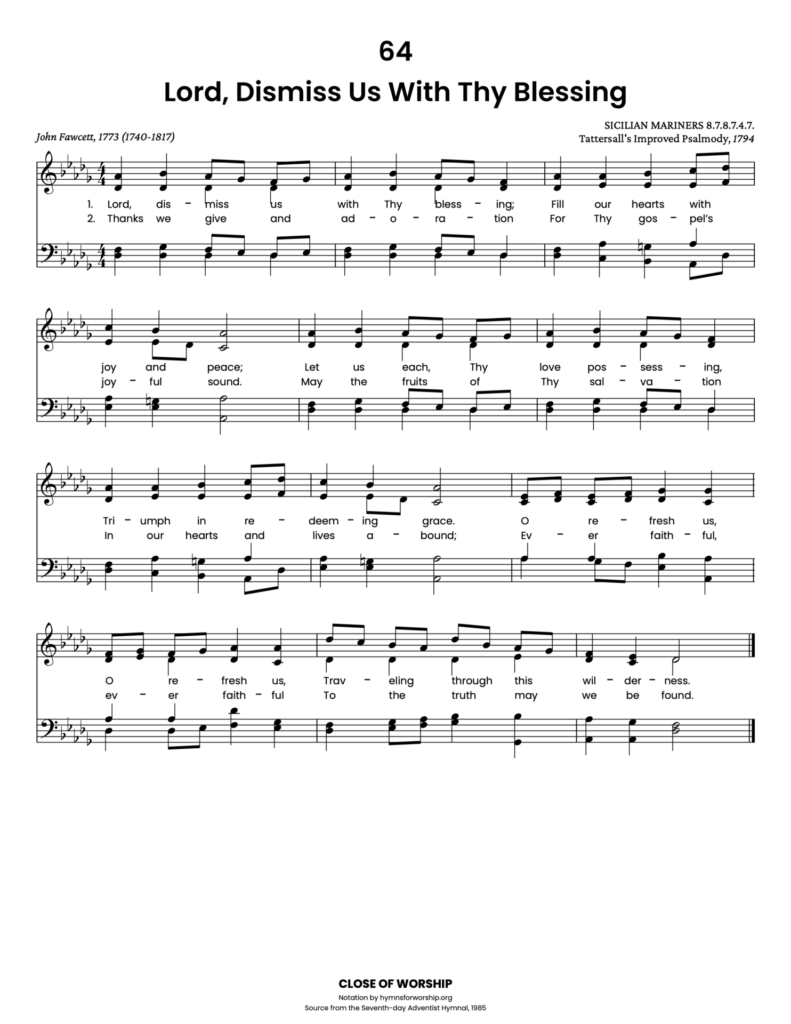
Get the hymn sheet in other keys here
For Worship Leaders
Make each hymn more meaningful with these helpful tools: Short, ready-to-use hymn introductions for church bulletins, multiple ways to introduce a hymn based on your worship theme and in-depth history and insights to enrich your song service.
Hymn Spotlight: Lord, Dismiss Us With Thy Blessing
This hymn first appeared in A Supplement to the Shawbury Hymn Book (1773) and was later credited to Baptist minister John Fawcett (1740–1817), also known for Blest Be the Tie That Binds (SDAH 350). Inspired by the Aaronic blessing in Numbers 6:24–25, it offers a prayer for God’s guidance and peace as we depart.
The tune SICILIAN MARINERS was first published in The European Magazine (1792) as “The Sicilian Mariner’s Hymn to the Virgin.” Though its exact origins are unclear, it was reportedly sung by Venetian gondoliers and echoes southern European folk melodies.
As we sing this hymn, may we carry God’s blessing with us, walking in His peace.


Text
1
Lord, dismiss us with thy blessing;
fill our hearts with joy and peace;
let us each, thy love possessing,
triumph in redeeming grace.
O refresh us, O refresh us,
traveling through this wilderness.
2
Thanks we give and adoration
for thy gospel’s joyful sound.
May the fruits of thy salvation
in our hearts and lives abound;
ever faithful, ever faithful
to the truth may we be found.

Hymn Info
Biblical Reference
(a) Num 6:24, 26 (b) Isa 52:7, Gal 5:22
Author
John Fawcett (1730-1817)
Year Published
1773
Hymn Tune
SICILIAN MARINERS
Metrical Number
8.7.8.7.4.7.
Tune Source
Tattersall’s Improved Psalmody / 1794
Theme
CLOSE OF WORHIP

